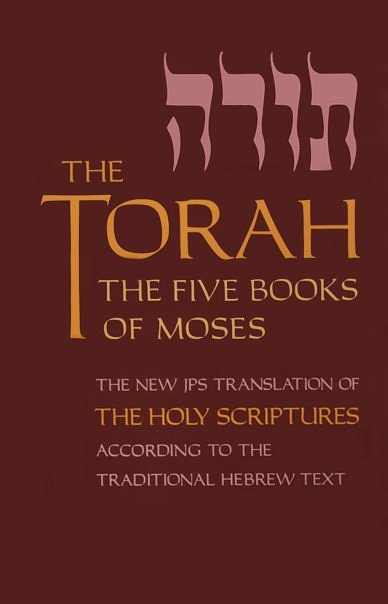Post Author: Bill Pratt
 In part 3, we applied the first three steps of principlism to Lev. 5:2 in order to see how Christians should interpret and apply that passage. In this post, we will complete J. Daniel Hays’ analysis of Lev. 5:2.
In part 3, we applied the first three steps of principlism to Lev. 5:2 in order to see how Christians should interpret and apply that passage. In this post, we will complete J. Daniel Hays’ analysis of Lev. 5:2.
Step 4:
How does the New Testament teaching modify or qualify this, principle? According to the New Testament, God no longer dwells among believers by residing in the tabernacle or temple; He now dwells within believers by the indwelling Holy Spirit. His presence, however, still calls for holiness on their part. He demands that they not sin and that they stay separate from unclean things.
However, the New Testament redefines the terms “clean” and “unclean.” “Nothing outside a man can make him ‘unclean’ by going into him. Rather, it is what comes out of a man that makes him ‘unclean.’ . . . What comes out of a man is what makes him ‘unclean.’ For from within, out of men’s hearts, come evil thoughts, sexual immorality, theft, murder, adultery, greed, malice, deceit, lewdness, envy, slander, arrogance and folly. All these evils come from inside and make a man ‘unclean'” (Mark 7:15, 20-23). Believers under the New Covenant are not made unclean by touching dead animals. They become unclean by impure thoughts or by sinful actions.
The New Covenant also changed the way God’s people are to deal with sin and uncleanness. Rather than bringing a lamb or goat to atone for sin, a believer’s sins are covered at the moment of salvation by the sacrifice of Christ. The death of Christ washes away sin and changes the believer’s status from unclean to clean. Confession of sin, however, is still important under the New Covenant (1 John 1:9), as it was under the Old Covenant. So an expression of the universal principle for today’s New Testament audience would be, “Stay away from sinful actions and impure thoughts because the holy God lives within you. If you do commit unclean acts or think unclean thoughts, then confess that sin and experience forgiveness through the death of Christ.”
Step 5:
How should Christians today apply this modified universal principle in their lives? There are many possibilities, but one specific application relates to Internet pornography. Many Christians now have easy access to pornographic material in the privacy of their homes or dormitory rooms. This text teaches that the holiness of God, who dwells within believers, demands that they lead clean lives. Viewing pornography clearly falls into the category that the New Testament says is unclean. Such action is a violation of God’s holiness and it hinders one’s ability to worship or fellowship with God. Therefore believers are to stay away from Internet pornography, realizing that it makes them spiritually unclean, offends the holiness of God, and disrupts fellowship with God. However, if one does fall into this sin, he must confess it, and through the death of Christ he will be forgiven and fellowship with God will be restored.
Hopefully this example, provided by J. Daniel Hays, illustrates how a Christian should interpret and apply the Law. Even though the Law was not written to the Christian, we can still learn a great deal about God and his expectations of us from the Law.